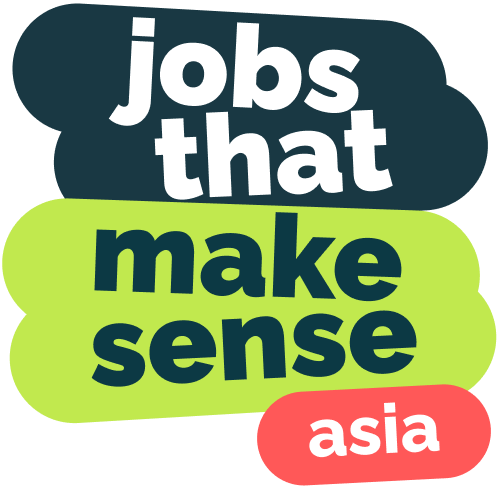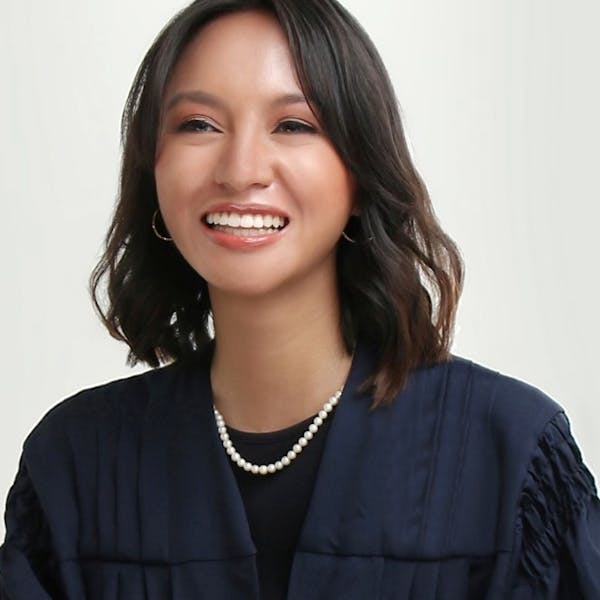3 sustainable fashion brands in Southeast Asia
The past decade has seen the meteoric rise of fast fashion – and with it, the exceedingly large amount of pollution, labour rights violations, and more.
As consumers and workers alike become more aware of these issues, sustainable fashion has seen a steady increase in popularity the past few years. Grassroots organisations and businesses come together to make eco-friendly fashion education and products more accessible than ever before.
Below, we’ve listed three organisations that we think could be a great starting point in your journey towards ethical fashion. When starting an advocacy, we always recommend following relevant organisations and people who can serve as a platform to learn more about the topic. This will help you stay informed through digestible tidbits of information you can easily read throughout the day.
Furthermore, these organisations are also a great way to access networks, events, and other opportunities within the industry – providing an avenue to connect individuals with professionals, brands, businesses, and communities that are committed to the mission.
Fashion Parade (Singapore)
Fashion Parade is a Gen Z community in Singapore which focuses on inspiring sustainable fashion lifestyles through content creation, events, and workshops. They provide educational resources that empower young people to make more conscious fashion choices.
Fashion Parade also collaborates closely with other organisations and initiatives that promote ethical fashion in the country. Notably, they partner with groups such as:
- Cloop, a circular fashion enterprise
- The Fashion Pulpit, Singapore’s first ever swap platform
- Sew Crazy, a pop-up sewing event teaching participants different clothing techniques and projects
Basically Borrowed (Philippines)
Basically Borrowed is a community-powered organisation which promotes circularity by facilitating clothing swap initiatives and educating consumers.
They are known for their swap parties (notably held with organizations like Uniqlo and Canva) and their contextualised approach to sustainable fashion, often sharing educational infographics on how to practice slow fashion in the context of Southeast Asia and the Philippines.
Tri Upcycle (Indonesia)
Tri Cycle is an ethical fashion brand with the goal to protect Indonesia’s rainforests through fabric waste reduction and conscious consumption.
This innovative social enterprise uses upcycled materials to create new items such as tote bags, pouches, accessories, and more. For every three products sold, they plant a tree – helping consumers purchase directly towards positive environmental impact.
Grow in sustainable fashion
Wondering how else you can take your advocacy to the next level? Apart from learning and volunteering, your career can also play a big role in making an impact.
Contrary to popular belief, you don’t need to be a designer to join the fashion industry. There are a wide variety of jobs available that are sure to fit your skillset. Some examples include:
- Marketing Specialist
- Product Developer
- Supply Chain Analyst
- Account Manager
- Retail Buyer
- Contributing Writer
- Administrative Assistant
- Merchandising
- Tech Specialist
- Quality Manager
- Content Strategist
- Operations Assistant
- Sales Associate
- E-Commerce
- PR Specialist
- Writer
- And more!
The choices are endless, and the green job opportunities are only predicted to rise by at least 30 million more by 2030.
Platforms like Jobs that makesense Asia serve as a job board for careers in the impact space, including sustainable fashion. It includes a wide variety of roles such as internships, freelance jobs, contract roles, full-time opportunities, part-time roles, and more.
💡 Did you know: Are you a recruiter? Or have you ever stumbled upon a sustainable job role? We encourage you to post it on our platform here or by emailing us at jobs.asia@makesense.org to list a job ad!
Opportunities to upskill
If you’re not quite ready to make a career change but want to learn more about ethical fashion, you can check out the organisations mentioned above and take it to the next level by attending a course or workshop.
Consider enrolling in short courses or degrees that talk about textiles, sustainable fashion, supply chain, ESG, design, or other topics that interest you and can be related to ethical fashion. Coursera and edX offer a wide variety of these, and so does our very own platform here.
You can also look for talks and workshops in your area that share about sustainable fashion. This is a great way to connect with people in your community who share the same interest as you and learn from industry experts in the context of your country.
Lastly, try looking for internships and volunteer opportunities in your area to gain hands-on experience with sustainable brands and organisations.
💡 Did you know: We are constantly improving our upskilling platform and would love to hear from you! Send us an email at jobs.asia@makesense.org for any courses or topics you want us to feature.
What’s next?
Ethical fashion matters now more than ever as we confront the realities of climate change and social injustice within the industry. The impact of fast fashion on Southeast Asia—ranging from environmental degradation due to textile waste to labor abuses—highlights the urgent need for change.
By embracing sustainability careers and supporting organisations dedicated to ethical practices, we can work together towards a more responsible future in fashion. Whether through circular economy jobs or eco-friendly careers, there’s ample opportunity for individuals passionate about making a difference in this vital sector. Together, we can shift towards a sustainable future – one garment at a time.

